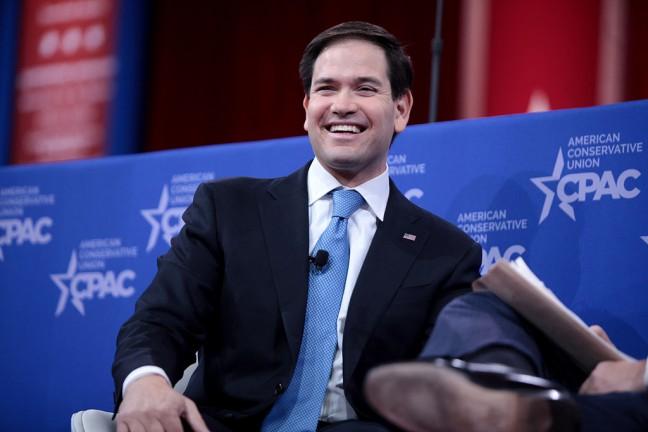No matter what race, religion or political party one aligns with, something we can all agree on is the importance of families. From birth, a child depends on their family for physical, emotional and financial needs. A family is a child’s first and strongest influence, one that instills the positive values and work ethic that creates productive members of society.
The American family in its various forms may be in trouble, as the costs of rearing children have risen immensely in the past few years. A recent report by the USDA, “Expenditures on Children by Families,” reports that raising a child costs $245,000 on average. This figure does not include the cost of a college education. Add the USDA’s projected inflation rate of 2.4 percent, and the cost increases to $304,000 per child. This obviously causes significant economic stress on middle-to-lower class families.
Recently, former Republican presidential hopeful and current Florida Senator Marco Rubio expressed his concern for the American family in terms of the economics of raising children. Rubio concludes that American families should be the main beneficiaries of tax relief because of the increase in cost of child rearing, as a child under economic stress may miss out on the opportunities and support essential for success later on in life.
Point Counterpoint: Tax reform a victory for middle class Americans
In 2015, Rubio and Senator Mike Lee (R-Utah) presented a tax reform based on increased aid for families by doubling the per-child tax credit to $2,000 and making it refundable against payroll tax liability. As we know, Rubio’s plan was not put into action and as expected, the new reform drawn up by President Donald Trump does little to reflect the interests of the American family.
On September 27, 2017, President Trump unveiled his tax plan to mixed reviews. After being approved by the House of Representatives last week, the bill now awaits Senate approval before becoming law. President Trump claims that the plan is designed to favor middle and low income families, however, after multiple nonpartisan analyses, it can be concluded that the wealthiest one percent reaps most of the benefits.
This is bad news for the majority of American families, because according to the most recent census data, nearly fifty percent of Americans are living in poverty, or can be categorized as low income. When the statistics are broken down by age, children make up fifty-seven percent of Americans living at, around, or below the poverty level.
By condensing the current tax brackets from seven to three, the lowest tax bracket, where a majority of families lie, will go from paying 10 percent of their income to a whopping 12 percent. Also, according to the Tax Policy Center, “single parents and large families with low or moderate income would likely pay more taxes … because the plan would eliminate head-of-household filing status and all personal and dependent exemptions.”
And it only gets worse over time, as the minor tax breaks for the lowest groups are front-loaded for the lower and middle income groups. Individual income taxes will be cut for all groups, and lower-income groups will receive a variety of tax preferences — until 2025. Afterwards, the Tax Policy center predicts that 8.7 million families could see tax increases. Over 11 million children will be affected by this injunction.
Although his plan never came to fruition, Rubio’s ideas on tax reform were movements in the right direction. Sadly, they did not transfer to the current administration. In these times of partisan conflict and political gridlock, it would be meaningful if Trump took a few pointers from Senator Rubio. More than ever, we need unity among the American people, for the sake of our posterity. But unity among two influential figures of the Republican party would be a decent start.
Abby Steinberg (abigailsteinberg@outlook.com) is a freshman majoring in political science and intending to major in journalism.


